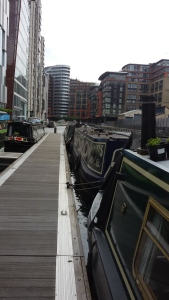
This pop-up was co-hosted by psychotherapist Josefine Speyer, who runs monthly death cafes in Hampstead and Death Salons in her home.
Common themes in the group were an understanding of mysticism, a belief or interest in different forms of reincarnation, and experiences of communicating with those who have died.
During the introductions, one participant spoke about her life-long struggle with the desire to ‘go home.’ It was only as she matured that she was able to understand how her preoccupation with death impacted her life. ‘People thought I was completely mad and in danger of committing suicide. But thinking and talking about death has always been natural to me. Fortunately, I now am part of a community that accepts how I feel about it. That has made a huge difference.’
Another participant empathised with her. ‘I have always felt the veil is very thin, and at times it feels like I have one foot in this earthly world and the other in the world beyond. It doesn’t make being here very easy though.’
‘From the moment we are born, we live with death beckoning to us,’ said one participant. ‘It’s important to understand that.’
‘And, I believe we know when we are going to die, too,’ said another participant. ‘My husband paid off the mortgage a week before he was killed in a car crash. It was as if he was putting everything in order before he went.’
Another participant spoke about someone she knew who found a picture under her eighteen-year-old son’s bed shortly after he was killed in a freak accident. ‘The picture was a self-portrait by her son of himself lying undiscovered in a ravine with a broken leg. That’ s exactly how he died. He foretold his own death. It was quite extraordinary, and the mother kept the picture because it helped her with her grieving process.’
We all agreed that there was much more to life than a purely physical existence. One participant spoke about experiencing the presence of someone who had died placing his hands on her shoulders. ‘I felt very comforted by that,’ she said. ‘I felt as if he was saying, “It’s okay.”’
Another participant spoke of a dream she’d had of a close relative who’d died. ‘They appeared in my dream, and told me everything was all right. I know of other people who have had similar experiences. I find that very comforting.’
This opened up a conversation about the possibilities of reincarnation. ‘It helps me to make sense of life,’ said one participant. ‘I also believe in karma, and that we are working through our ancestral karma as well as our own. That’s why life can feel so hard sometimes. But I don’t think we have to do it all in this lifetime. I believe we have lots of opportunities to come back here to clear it.’
One participant spoke about what they understood as the ‘Indian karmic trilogy’ of poverty, pain, and shame/humiliation that we need to address in order to grow and develop spirituality. ‘It’s ego-shredding, I suppose,’ they said. ‘We need to do that to open up to love.’
‘I believe there are also dark forces out there,’ said another participant. ‘A while ago, I was staying in a place that was very negative. I felt a dark force around me, and I had to call in the Light to protect myself. I also prayed and did a cleansing ritual to get rid of it. It was very frightening at the time. But it made me realise that there are negative energies around us, and we have to make the choice not to succumb to them.’
Another participant spoke of their experience of a ghost literally walked straight through them. ‘I was sitting on a stool in the corridor of a place where I worked, talking to someone. I saw this youngish male ghost coming towards me, and it passed right through me, making me shudder. The person I was talking to also saw what happened and asked if I was okay, so I know I wasn’t imagining it.’
This led to a discussion about ghosts or departed spirits being entities that may have got trapped between our world and the next. ‘I think many ghosts are spirits who have experienced sudden or violent deaths, so they are traumatised, if you like,’ said a participant. ‘They don’t know how to move on, or how to let go of this world. I think a lot of work needs to be done in this area to help them.’
One participant told us a very moving account of someone they knew coming across a person who had hung themselves in a park. ‘This person could sense that the ‘dead’ spirit was in shock, and didn’t actually want to die. So the person prayed for its release. I think this was an extraordinary thing to do, and very courageous.’
This prompted a conversation about people at the end of their lives seeing much loved dead relatives and friends who had “come to take them away.” ‘It seems that the dying have the ability to communicate with the dead, and love seems to play a huge part in helping them to let go,’ said one participant.
‘I think something transcendental happens as we begin to reach the end of life,’ said another participant. ‘I experienced this with a close relative. They went through a complete transformation – a spiritual enlightenment – over the three years it took them to die. They completely changed. It was wonderful to witness it.’
We began to talk about how the babyboomer generation (the category that most of us in this group fell into) is continuing to knock down walls as we age. ‘We want to do things differently to our parents, and we certainly don’t want to rot away. We want choices about the way we die,’ said one participant.
We all vigorously agreed with them.
‘I think we babyboomers will change the way we die,’ said another. ‘I also think as we age and die, we are teaching the younger generation to care. Not in a negative way, but in a positive, loving way.’
One participant spoke about her work as a spiritual companion to the dying. ‘I use music and singing to help people to die peacefully,’ said the participant. ‘I sense the person’s rhythm, and use my voice to singing them out of their bodies. I also encourage them to play an instrument in whatever way they can – even if it’s only lightly tapping a stick – to help them to let go.’
‘I’ve been with a lot of women giving birth,’ said another participant. ‘I think death is a similar experience. It has the same transcendent or mystical quality to it.’
Our café drew to an end, but none of the participants wanted to leave. ‘I could stay here for hours, talking like this,’ said one. ‘I want to run a death-camp,’ said another. ‘To offer a week for people to have extended time to come and share about death and dying in whatever way they want to.’
We all signed up for it!
During the café, these books and article were recommended for anyone interested in transpersonal psychology.
Life Between Lives: Michael Newton
Death Denial: Does our terror of dying drive almost everything we do?
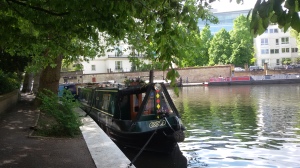
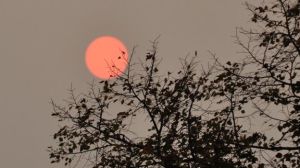
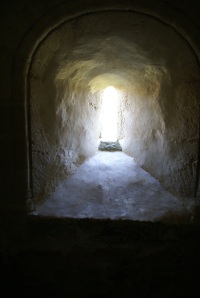
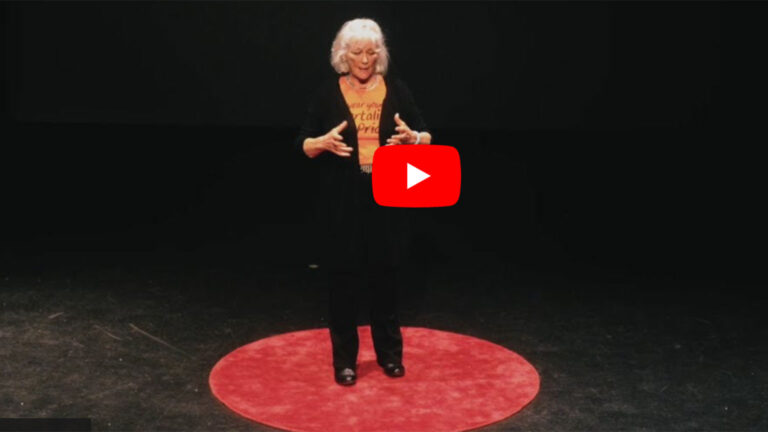
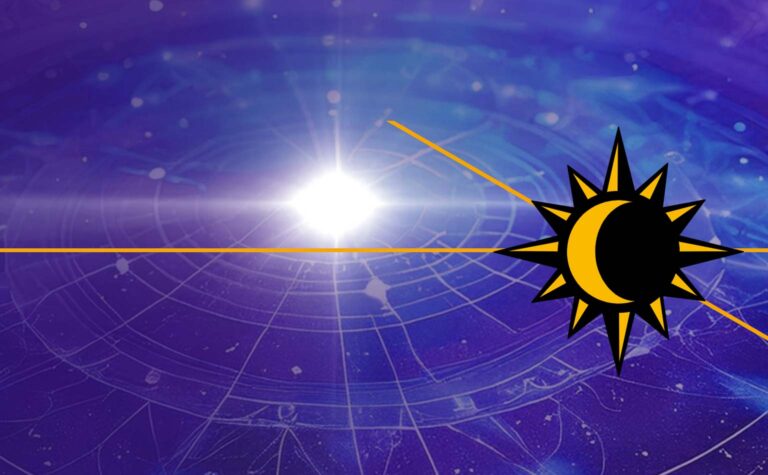



1 comment
Manda Williams
I found this very interesting indeed. I think the analogy between childbirth and death is hugely relevent, but the medicalisation of giving birth has blunted this spiritual element somewhat,as it has with death and the modern taboos surrounding it.Also, I have also come to realise that the menopause is a gift, unlike the medical profession’s view of it! I have found it to be liberating ….almost like going back to the true,child like essence of pre puberty!